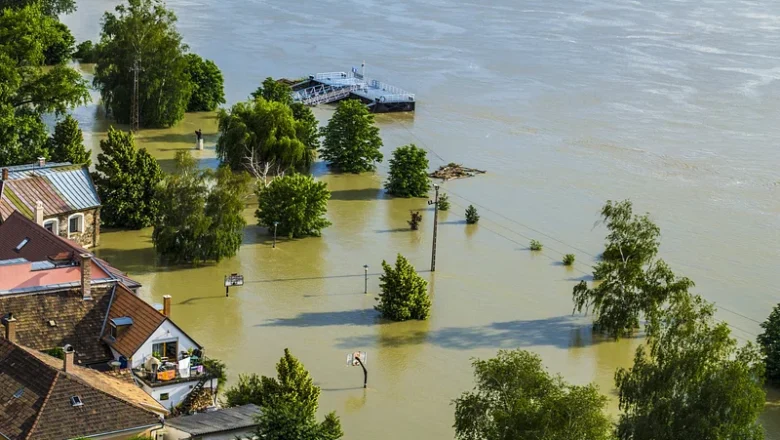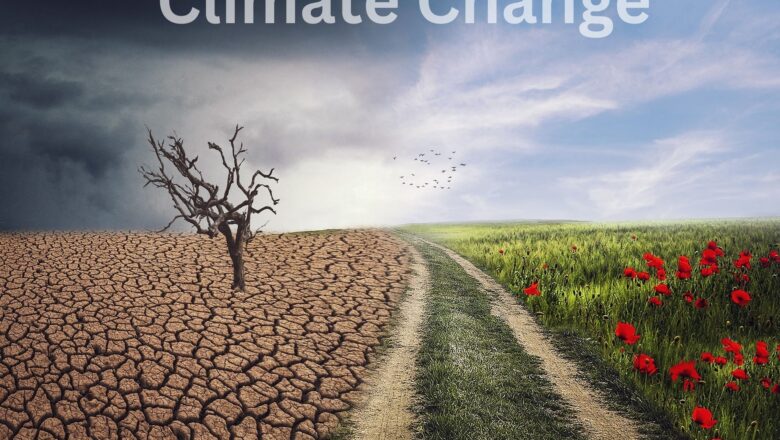
New Floodplain Study Offers Breakthrough in Building Climate-Resilient Communities
As climate change fuels more intense and frequent storms, strengthening flood mitigation strategies has become a top priority. Lives, agriculture, and critical infrastructure are at increasing risk, particularly in downstream communities where effective flood resilience is essential. A new study from the University of Vermont (UVM) sheds light on a powerful yet underutilized natural ally in this fight: floodplains.
Floodplains the low-lying land flanking rivers and streams act as nature’s shock absorbers. By temporarily storing excess water during floods, they reduce flood peaks, slow water velocity, and limit erosion in a process called attenuation. But not all floodplains work the same way. The latest research published in the Journal of Geophysical Research: Earth Surface introduces ...








